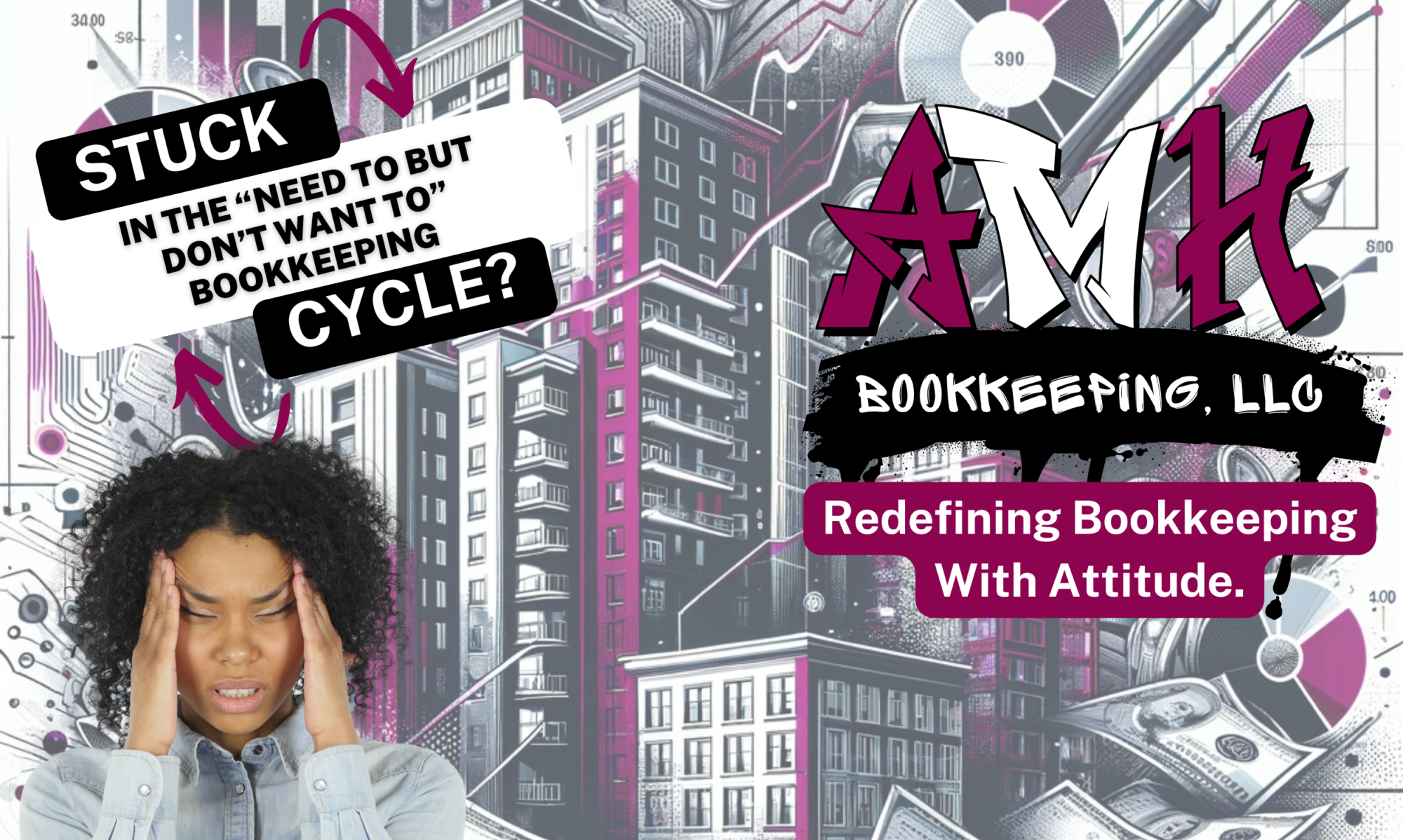
Cost Control and Expense Management: Your Ticket to Maximized Profitability
Introduction
When it comes to the real estate sector, the balance between revenues and expenses can mean the difference between success and failure. Thus, mastering the art of cost control and expense management is paramount. Here's how economies of scale, regular audits, and tech-driven automation can help you trim the fat, streamline costs, and pave the way for maximum profitability.
Economies of Scale: Expanding Your Property Portfolio
Economies of scale are achieved when increased levels of production lead to lower costs per unit of output. In the context of real estate, expanding your property portfolio can result in reduced per-unit costs and improved profitability.
For example, consider a property management company that oversees a single property versus a company that manages a portfolio of multiple properties. The latter can negotiate better deals with suppliers and contractors due to the bulk of the work. So, if you're maintaining ten properties, the per-unit cost of hiring a lawn maintenance service is likely to be significantly less than if you hired the service for a single property.
Regular Audits: Spotting Inefficiencies and Cost-Cutting Opportunities
Conducting regular audits of your expenses allows you to identify inefficiencies and potential areas where costs can be cut without compromising service quality or tenant satisfaction.
Let's say, during an audit, you notice an unusually high water bill for one of your properties. Upon further investigation, you find that the property has a leaky pipe, leading to excessive water usage. By identifying and rectifying the problem, you can significantly reduce your water expenses, demonstrating the power of regular audits in cost control.
Tech-Driven Automation for Process Efficiency
Investing in technology and automation can seem like a significant expense upfront, but it often leads to substantial long-term savings by increasing efficiency and reducing errors.
For instance, using property management software can automate tasks like rent collection, property maintenance requests, and lease renewals. Not only does this reduce administrative costs, but it also allows for better record-keeping, more timely responses, and improved tenant satisfaction.
Or consider energy management systems that automate heating, cooling, and lighting in common areas based on occupancy. Such systems can lead to considerable savings in utility costs over time.
In conclusion, adopting cost control and expense management strategies can lead to maximized profitability in the real estate sector. By implementing economies of scale, conducting regular audits, and embracing tech-driven automation, you can make your business leaner, more efficient, and more profitable. The road to success in real estate isn't just about increasing revenue; it's equally about strategically managing and reducing expenses.



